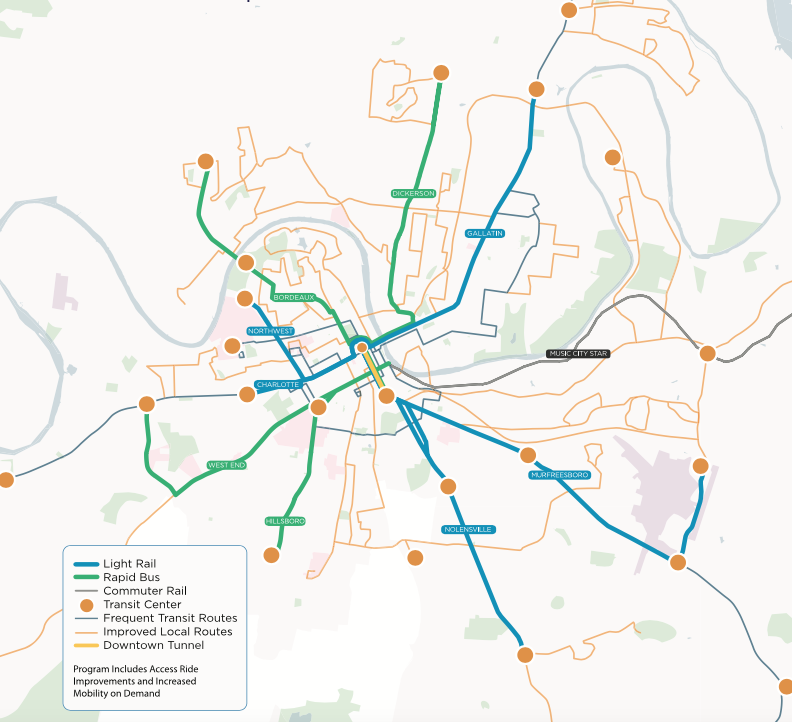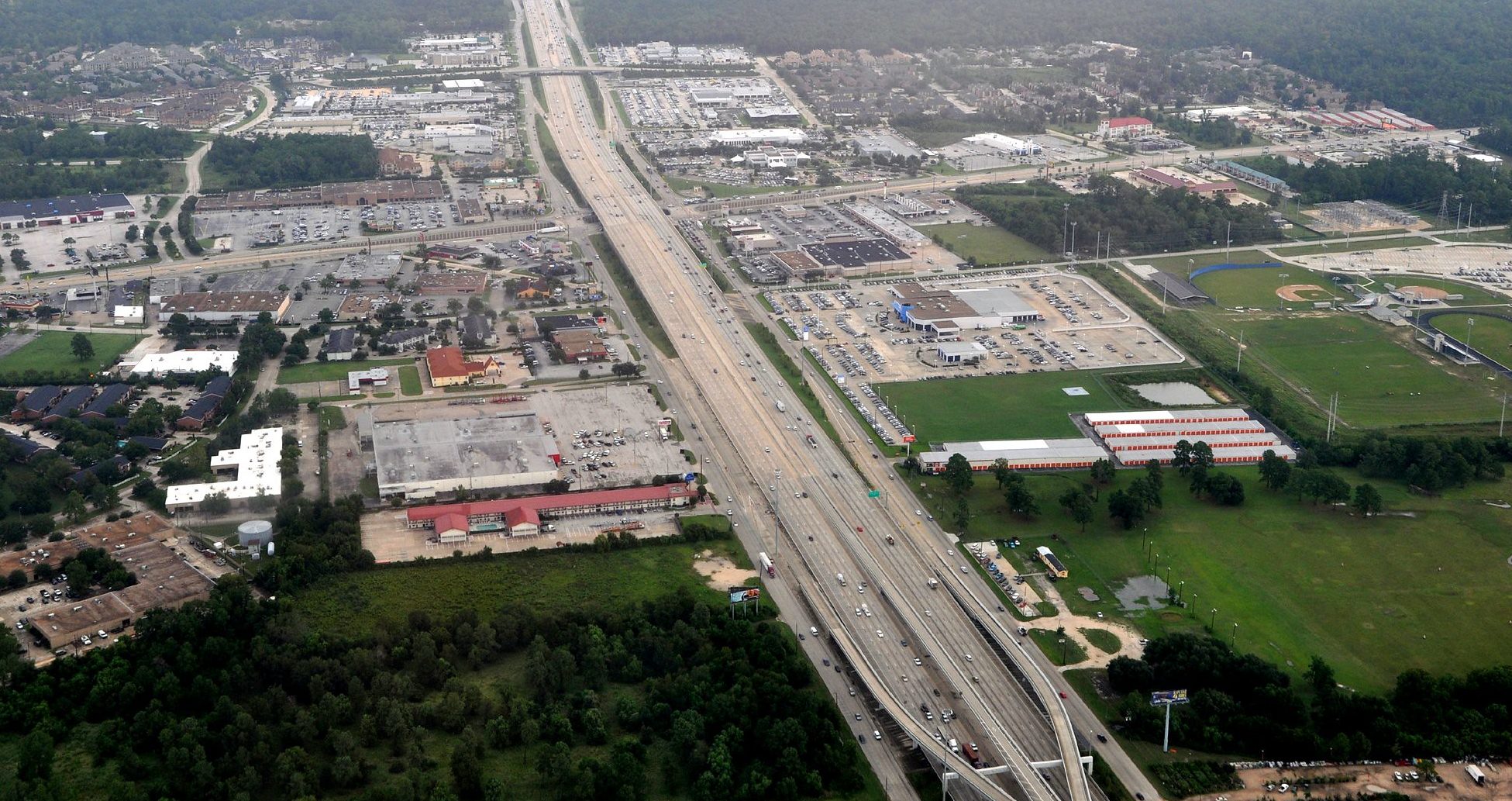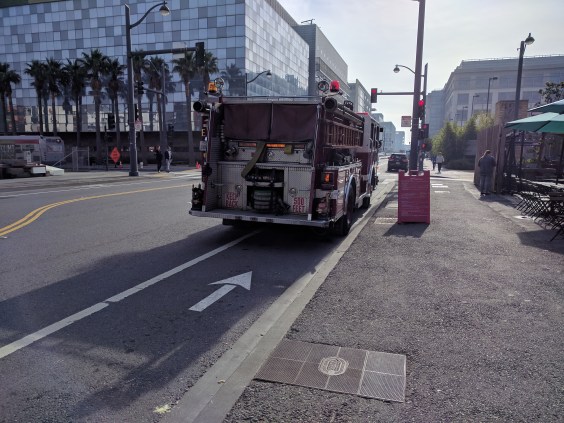Is Nashville Finally Ready to Invest in Transit?

The $5.2 billion transit plan unveiled by Nashville Mayor Megan Barry last week includes five light rail lines, four rapid bus routes, and frequent bus service on 10 lines. Map: Let’s Move Nashville [PDF]
Stay in touch
Sign up for our free newsletter
More from Streetsblog USA
Tuesday’s Headlines Pick the Low-Hanging Fruit
Greg Shill argues that if a transformative road redesign isn't possible, it's time to talk about second-best strategies.
How to Fight a Texas-Sized Freeway Battle
A new book explores how Texas advocates are fighting back against destructive highway expansions. But what happened to those projects since it was sent to the printer?
S.F. Fire Apologies for Tweeting About Imaginary Bike Rule
There is no rule in California that says cyclists have to ride single file — but the San Francisco Fire Department tweeted about it anyway.
You Wouldn’t Like Monday’s Headlines When They’re Angry
Which state has the worst road rage? Consumer Affairs magazine looked at a variety of factors to come up with an answer.
When it Comes to Federal Infrastructure Grants, Size Does Matter
Cities and municipalities with larger budgets and staff are more likely to win competitive federal infrastructure grants, the Urban Institute has found.




